Research suggests that around 2.5 million tampons and 1.4 million sanitary pads are flushed down toilets in the UK every day. Such products are made of highly absorbent materials. When flushed, they become saturated and swollen and, as any plumber will tell you, are a significant cause of blockages in pipes, sewers and drains. If they make it out of your pipes then they end up flushed into our rivers and oceans where they have a hugely negative environmental impact. In short, the disposal of single use period products is a significant environmental problem.
Provide sanitary bins to prevent items being flushed
Organisations should do everything they can to encourage washroom users to dispose of their sanitary products via sanitary bins rather than flushing. The benefits of doing this are numerous. You will reduce your maintenance costs as you’ll have fewer blockages and other problems with your plumbing. You’ll be providing a better washroom environment for users. You’ll be doing your bit to prevent such waste ending up in our rivers and oceans.
Sanitary bins are often added into washrooms as an afterthought but they are in fact a legal requirement for most organisations. There are three bits of legislation that are relevant here. Firstly, workplace health and safety regulations that have been in place since 1992 require that a suitable means for sanitary disposal must be provided in every washroom. The key word here is ‘suitable’. Flushing such products down the toilet is most definitely not a suitable means of disposal.
Additionally, the Water Industries Act of 1991 requires organisations to ensure that no items that could cause build ups or blockages in the sewers or drains should be flushed down toilets. Tampons and sanitary pads are a significant cause of such blockages. If there is no other means of disposal then washroom users may resort to flushing as the only option.
Finally, the Environmental Protection Act of 1990 states that businesses have a ‘duty of care’ to correctly collect, store and dispose of waste produced on their premises, and this includes sanitary waste. It is not the responsibility of the employees to manage this process, which means that the employer should provide a means of sanitary disposal in every washroom (as some trans men and non-binary people menstruate it is good practice to also provide bins in male gendered bathrooms).
A dirty, smelly bin means people will still flush items
2.5m tampons, 1.4m sanitary pads and 700k pantyliners are flushed every single day in the UK. Sanitary waste is the 5th largest polluter of SUP in our oceans. Why is that? Sometimes a lack of education means that people simply don’t realise that they should not be flushing these materials. But more often it’s because they find themselves in a situation where there’s no reasonable alternative but to flush. This is often the case because either no sanitary disposal bin is provided or a bin is provided but it is overflowing, dirty, smelly or otherwise unpleasant to the point that it effectively becomes unusable.
FabLittleBag encourages good binning behaviour
A product such as FabLittleBag provides the solution to this issue. FabLittleBag enables you to encourage good binning behaviour by providing both the education and the solution in one simple sustainable disposal bag.
Installing a FabLittleBag dispenser in every cubicle gives visitors the means of disposing of their period products into opaque, fully sealable bags that lock in odour, keeping cubicle bins clean, hygienic and odour-free. A FabLittleBag dispenser holds up to 40 FabLittleBags at a time and allows for easy, contamination-free extraction of one bag at a time. The dispenser can easily be stuck to the wall or cubicle door or drilled in if you prefer. Each dispenser is made from ABS recyclable plastic and has an anti-microbial coating to further enhance hygiene.
The FabLittleBags themselves are sustainably sourced and the packaging is recyclable. The film is made from sustainable plants (Sugarcane waste) which also lock in the carbon, recycled materials (LDPE) and a small amount of renewable cornstarch.
Find out more about FabLittleBag here and order online in our webstore.




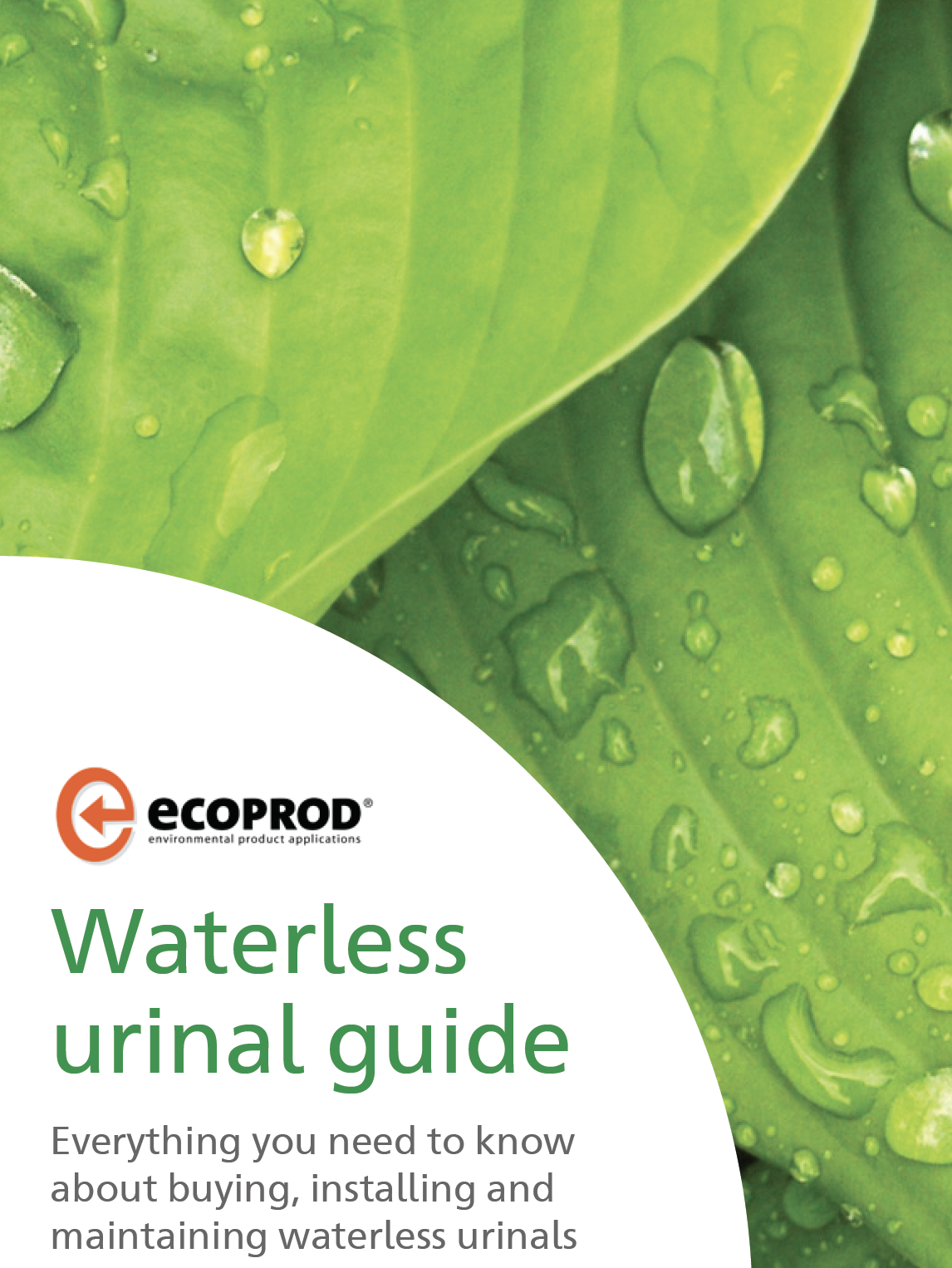
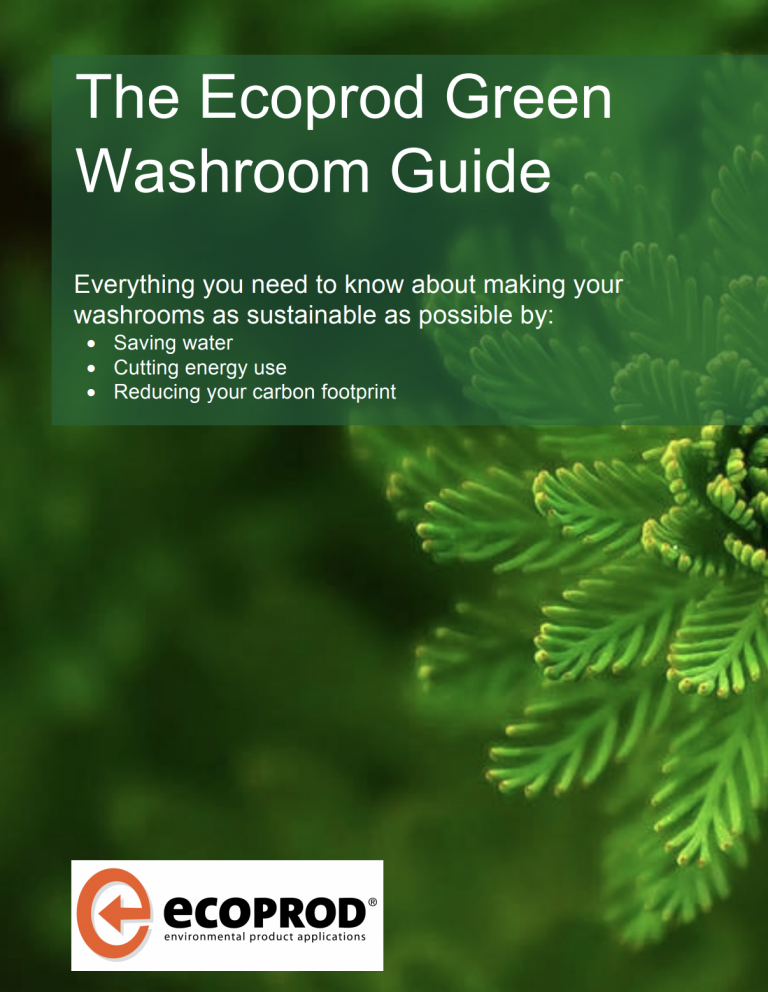
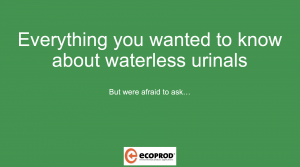
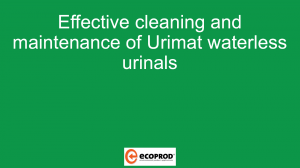





 For the last 8 years Robert Summer – Head of International Sales and Marketing – has developed structured distribution network worldwide for CONTI+ brand. The products offer great benefit for washrooms and shower rooms for public, semi-public and health sector. Today, sustainability, hygiene and smartness are key to CONTI+ solutions. Robert lives the brand and its USPs and loves to support and motivate his team on a daily basis.
For the last 8 years Robert Summer – Head of International Sales and Marketing – has developed structured distribution network worldwide for CONTI+ brand. The products offer great benefit for washrooms and shower rooms for public, semi-public and health sector. Today, sustainability, hygiene and smartness are key to CONTI+ solutions. Robert lives the brand and its USPs and loves to support and motivate his team on a daily basis.




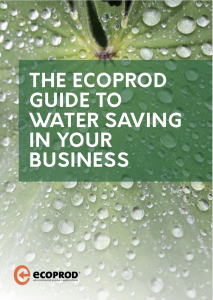
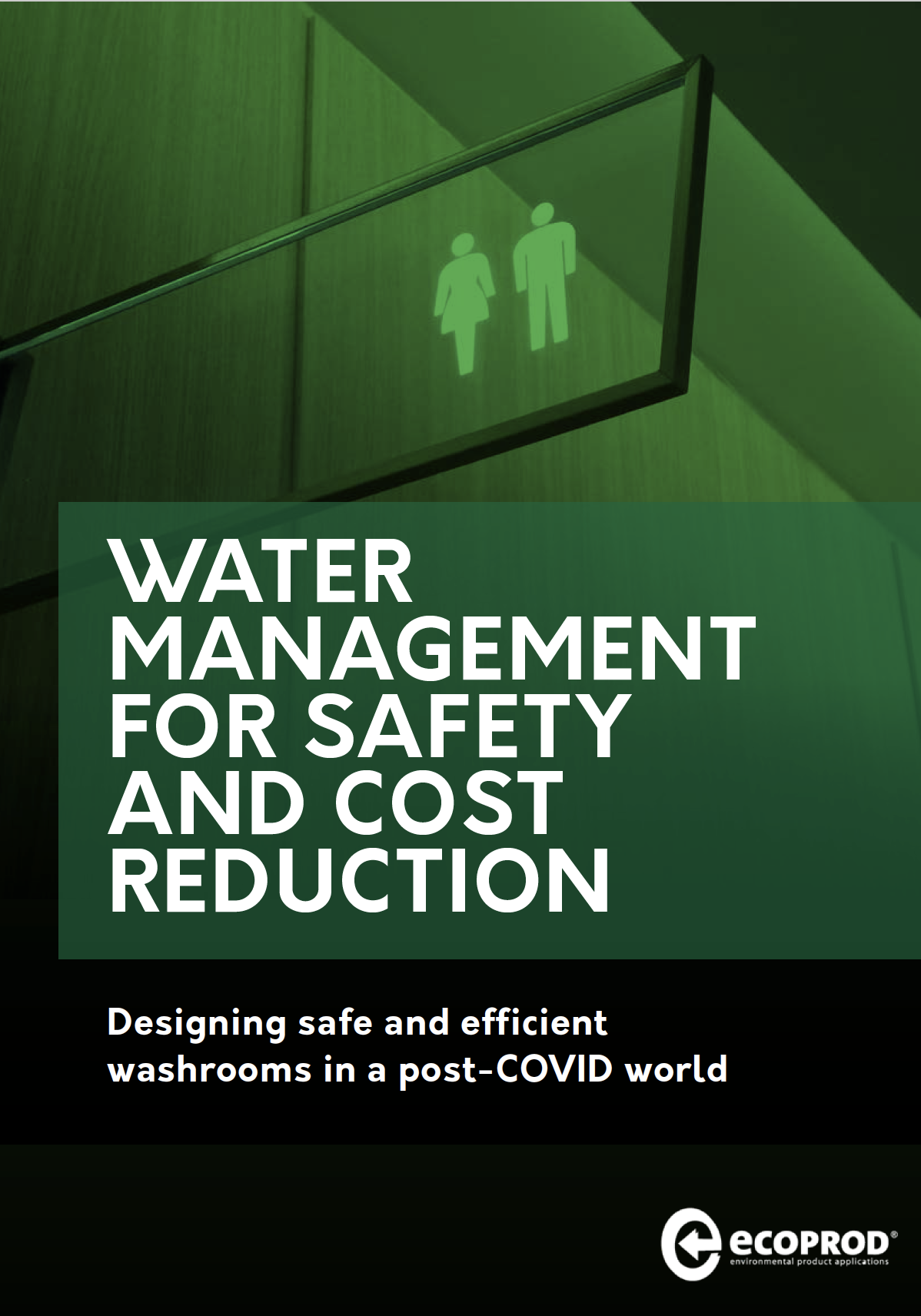

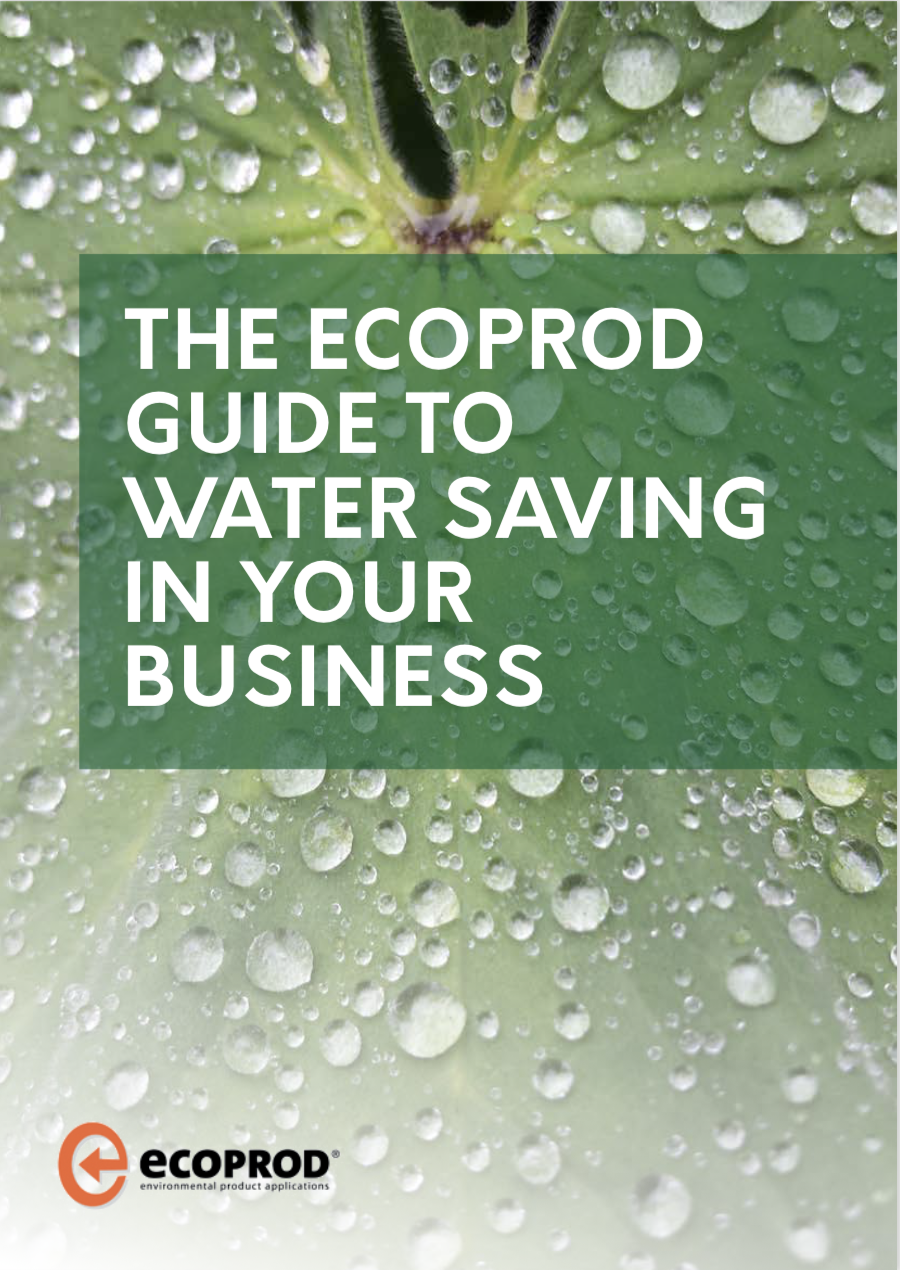
Comments are closed.